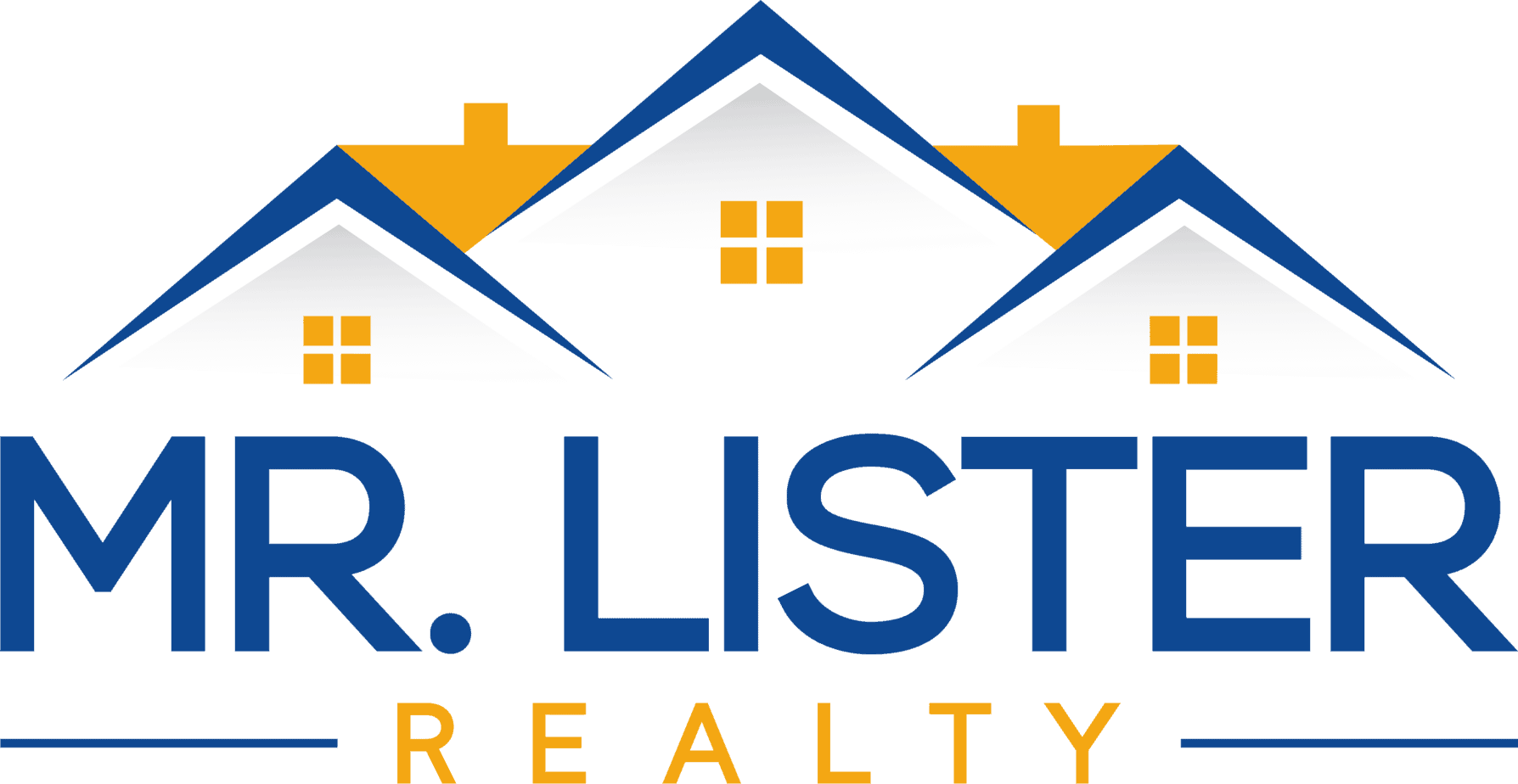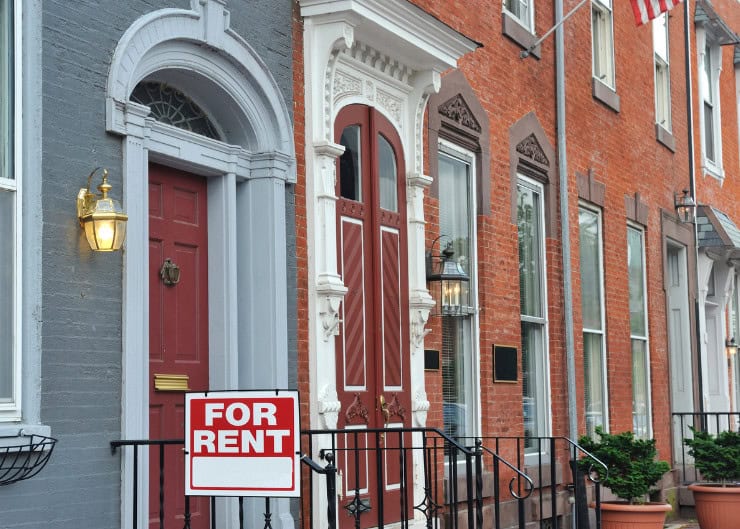1. Financial Preparedness
Budget and Financing:
Start by assessing your financial situation. Determine how much you can afford to spend on a property, considering down payment, closing costs, and ongoing expenses. Research various financing options, including conventional loans, FHA loans, and other mortgage products. Getting pre-approved for a loan can give you a clear picture of your budget and make you a more attractive buyer.
Credit Score:
Your credit score plays a crucial role in securing favorable loan terms. Check your credit report for any discrepancies and work on improving your score if needed.
Emergency Fund:
Ensure you have an emergency fund to cover unexpected repairs, vacancies, and other unforeseen expenses. Ideally, this should be separate from your personal savings.
2. Choosing the Right Property
Location:
Location is paramount in real estate. Look for properties in areas with high rental demand, good schools, low crime rates, and proximity to amenities like public transportation, shopping centers, and parks. Research local rental markets to understand the average rent prices and vacancy rates.
Property Type:
Decide on the type of property that aligns with your investment goals. Single-family homes, multi-family units, condos, and townhouses each come with their own set of advantages and challenges.
Condition of the Property:
Evaluate the condition of the property. Properties requiring extensive repairs might offer lower purchase prices but could entail higher renovation costs. Conduct a thorough inspection to identify potential issues and factor these into your budget.
3. Calculating Potential Returns
Rental Income:
Estimate the potential rental income based on comparable properties in the area. This will help you determine if the property will generate positive cash flow.
Expenses:
Calculate all expenses associated with the property, including mortgage payments, property taxes, insurance, maintenance, repairs, property management fees, and utilities. Don’t forget to budget for vacancy periods.
Return on Investment (ROI):
Evaluate the property’s ROI by comparing the annual rental income to your total investment. Aim for a healthy balance between risk and return.
4. Legal and Regulatory Considerations
Landlord-Tenant Laws:
Familiarize yourself with local landlord-tenant laws, which govern everything from security deposits to eviction procedures. Compliance is crucial to avoid legal issues.
Permits and Licenses:
Check if you need any permits or licenses to operate a rental property in your area. Some municipalities require landlords to register their rental properties.
Insurance:
Invest in landlord insurance, which covers property damage, liability, and loss of rental income. It offers more protection than a standard homeowner’s insurance policy.
5. Property Management
Self-Management vs. Property Management Company:
Decide whether you’ll manage the property yourself or hire a property management company. Self-management can save money but requires time and effort. A property management company handles tenant screening, rent collection, maintenance, and legal issues, albeit at a cost.
Tenant Screening:
Implement a rigorous tenant screening process to find reliable tenants. Check their credit history, employment status, rental history, and references.
6. Preparing the Property
Renovations and Upgrades:
Make necessary renovations and upgrades to make the property appealing to tenants. Focus on critical areas like kitchens and bathrooms, which can significantly impact rental value.
Furnishing:
Decide if you want to offer a furnished or unfurnished rental. Furnished rentals can command higher rents but may attract short-term tenants.
Marketing:
Create an attractive listing with high-quality photos and a detailed description. Use online platforms, social media, and local advertising to reach potential tenants.
Buying your first property and turning it into a rental is a rewarding but complex endeavor. By thoroughly researching and planning each step, you can mitigate risks and set yourself up for success. Whether you’re ready to dive in or need expert guidance, Call Mr. Lister Realty. Our experienced team is here to help you navigate the process and achieve your real estate investment goals. Happy investing!

